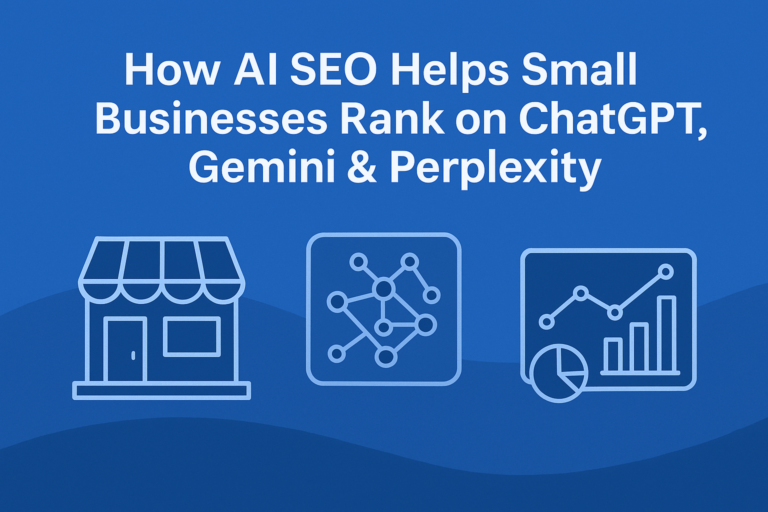[ad_1]

Image courtesy of the Countrywide Institute on Getting old
If any headline could sum up the condition of investigate into Alzheimer’s sickness it could be this: “Examine reveals that considerably however not recognized about cognitive decrease.”
Irrespective of a long time of investigation, there is so a lot researchers have nevertheless to learn about this degenerative sickness. Hazard variables, triggers, amyloid plaque, tau tangles, Lecanemab, biomarkers and a lot more are topics of dozens of study research underway.
An professional panel will deal with these and other Alzheimer’s-relevant subjects through the session Alzheimer’s update: What journalists can learn from newest investigation, at 4 p.m. CST on Friday, March 10, at Wellness Journalism ’23 in St. Louis. I’m moderating the dialogue.
The panel comprises David Holtzman, M.D., scientific director of the Hope Middle for Neurological Conditions, co-director of the Knight Alzheimer’s Sickness Research Middle, and former chair of neurology at Washington College, St. Louis Suzanne Schindler, M.D., a Washington College medical neurologist and dementia professional whose modern study has been on producing and testing fluid (blood and CSF) biomarkers for Alzheimer’s sickness and Bryan James, Ph.D., an epidemiologist with the Rush Alzheimer’s Sickness Heart in Chicago. His investigation focuses on finding risk elements for the disorder at the population degree, and what social, lifestyle, and medical variables may shield in opposition to or raise vulnerability in the ageing brain.
Qualified screenings and treatments for Alzheimer’s illness are very complex and nonetheless not totally comprehended. We know some of the genetic and way of life danger variables, we know some of the associations amongst sleep, exercise, social isolation, prescription drugs and diet but there is so a great deal still to study about Alzheimer’s. Known hazard components — including socioeconomic position, education and race — only explain about 38% of the variation in performing among the Us citizens at age 54, in accordance to a research from Ohio Condition University.
1 matter we do know: about 6 million folks in the U.S. and 55 million people globally have the ailment, according to estimates by the Entire world Well being Organization. By 2060, the CDC predicts Alzheimer’s will affect almost 14 million men and women in the U.S., even though some of what seems to be an improve is partly the outcome of the aging of the inhabitants.
Among the the inquiries scientists are racing to reply:
- Why does one particular individual with plaques seem to be to be fantastic although others progress on a steep trajectory?
- How do protective factors, like cognitive resilience, perform a role in mitigating the condition?
- Why has it taken so extensive to uncover a drug that only is effective for some people today, some of the time?
- What does scientific proof reveal about mind degeneration in addition to amyloid beta and tau? Are there other forces at work?
- Why do girls feel to develop Alzheimer’s much more frequently than guys?
- What do we know about the purpose of COVID in for a longer period phrase memory impairment?
And can we please do some thing about those darn commercials that prey on hope and anxiety without any scientific basis? (Okay, this just one is a particular pet peeve.)
Here’s just a sampling of the fascinating exploration which is underway:
- Past calendar year, researchers determined a usable biomarker from blood samples to characterize early-phase Alzheimer’s sickness (Ad) clients, to facilitate quick diagnosis, early therapeutic intervention, and checking of scientific trials.
- The Alzheimer’s association is funding extra than 950 active tasks in 48 countries, exactly where researchers are wanting at almost everything from translational analysis and scientific interventions to molecular pathogenesis and physiology.
- The NIH is funding hundreds of scientific studies on, for case in point, new remedies, PET imaging, light-weight and cognitive remedy and likely treatment options for folks with moderate-to-intense agitation because of to the disease.
- Far more establishments, which include Rutgers College, are turning some of their focus to Alzheimer’s and dementia-similar research and remedy.
We’ll touch on a lot of these developments during the March 10 session, so include it to your Whova agenda!
[ad_2]
Resource link










